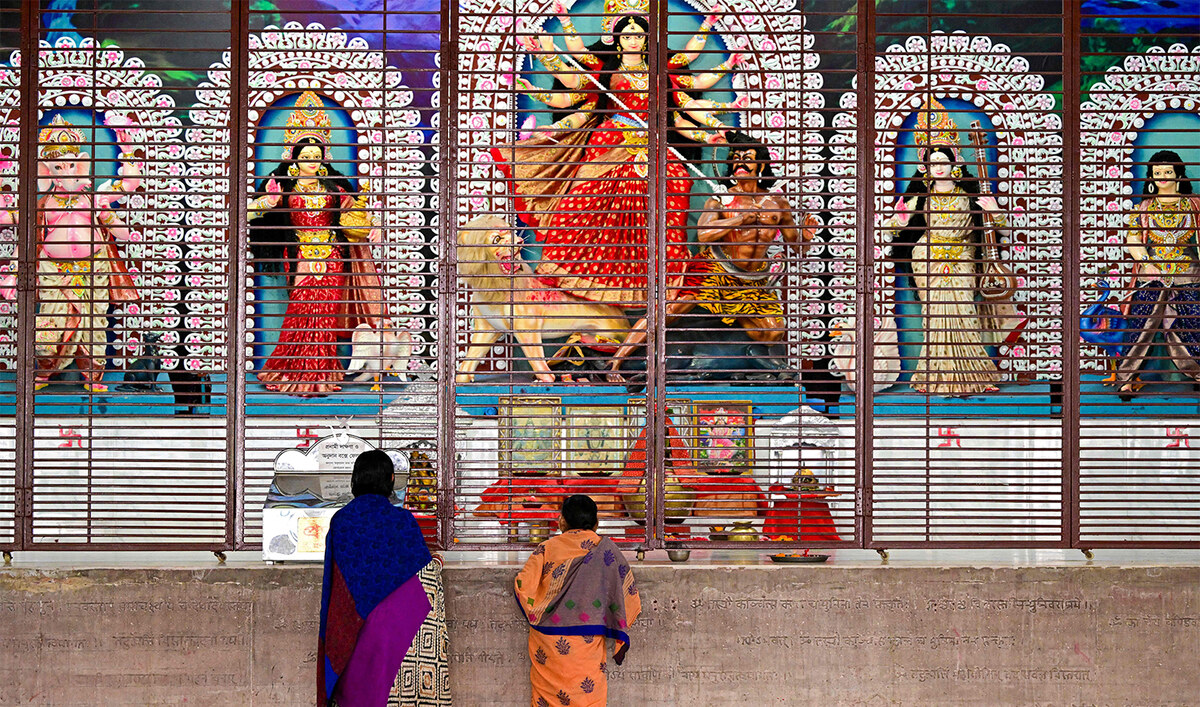PARIS: A row over the Olympics logo becoming a longterm feature of the Eiffel Tower has taken a fresh turn with a French government minister bidding to take de facto control over the monument away from the city of Paris.
The popular landmark sported giant Olympic rings during this summer’s Olympics and Paralympics. The capital’s mayor Anne Hidalgo — encouraged by the popular success of the Games — said a version of the decoration should adorn the tower until the next Olympics in Los Angeles in 2028.
But that proposal has polarized opinion in the French capital and at the highest level of state. Already, it has been severely criticized by descendants of the tower’s designer Gustave Eiffel, as well as conservation groups.
At the end of last month, workers removed the 30-ton steel rings that were first installed in June between the first and second floors of the tower.
Hidalgo has campaigned for lighter, less prominent, versions of the originals to be installed in their place.
But even this toned-down proposal is too much for skeptics, some of whom are also bitter political enemies of Hidalgo. The Socialist mayor has riled opponents with ambitious pro-cycling and anti-car projects, as well as a recent decision to cut the speed limit on Paris’s ring road, the Peripherique.
One of her most prominent critics is right-wing politician, Rachida Dati, who as leader of the opposition in Paris city hall has often locked horns with Hidalgo. Having failed in a previous bid, she is expected to run for mayor again in 2026 at the next municipal election.
Dati was last month reappointed Culture Minister in Prime Minister Michel Barnier’s government, a position that gives her much influence over listed buildings and their protection.
On Tuesday, she announced that she had asked for the Eiffel Tower to become part of the state’s top heritage list.
If granted, that would, de facto, wrest control over work done on the tower from the city and her rival Hidalgo, placing it in the hands of the central government.
Dati told the daily Le Parisien that the tower’s current status as an ordinary listed monument was no longer sufficient. Only its inclusion on the French state’s top heritage list, reserved for sites of national importance, would offer “true protection,” she argued.
Any work done on a building or monument with full heritage status requires the approval of the regional prefect, who answers to the government, or other state-run agencies.
Should Hidalgo refuse Dati’s request that the tower be added to the state’s top heritage list, Dati said she would make the change “by force.”
Asked about the initiative Tuesday, Hidalgo said the Eiffel Tower was already “very, very well protected.”
Dati’s remarks also caused anger at SETE, the company running the Eiffel Tower, which is majority-owned by the city of Paris.
SETE president Jean-Francois Martins told AFP that the culture minister was entitled to ask for heritage status if a site was endangered. “But that’s not the case for the Eiffel Tower,” he said.
The company was embarking on the tower’s “most ambitious ever” paint job, had renovated lifts and improved accessibility, he added.
Martins accused Dati of using the Eiffel Tower “to further her political aims.”
Meanwhile, some opposition members of Paris’s municipal council have suggested displaying the Olympics logo elsewhere in the capital.
After months of gloom and self-doubt in the run-up to the start of the Olympics on July 26, Parisians threw themselves into the spirit of the Games, which have been hailed as a resounding success.
Hidalgo, in power since 2014, also wants to retain other symbols of the event such as the cauldron placed in front of the Louvre museum, and the statues of illustrious women placed in the river Seine during the opening ceremony.
French minister ups ante in Eiffel Tower Olympic rings row
https://arab.news/rwaae
French minister ups ante in Eiffel Tower Olympic rings row

- At the end of last month, workers removed the 30-ton steel rings that were first installed in June between the first and second floors of the tower



























